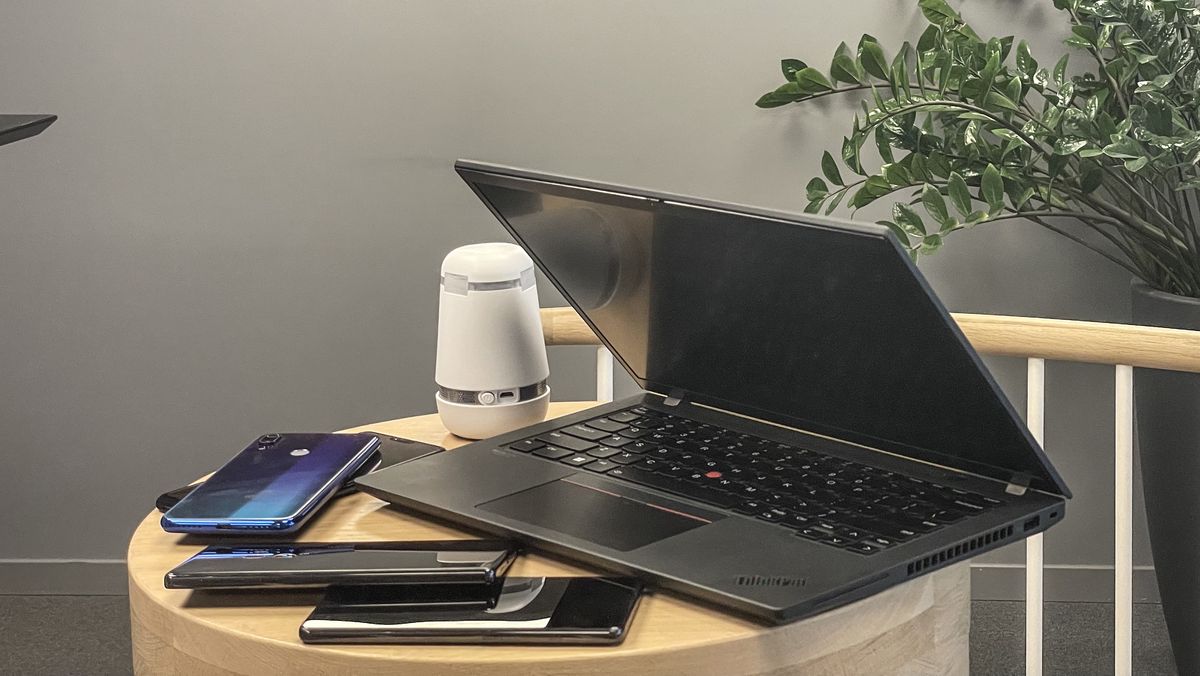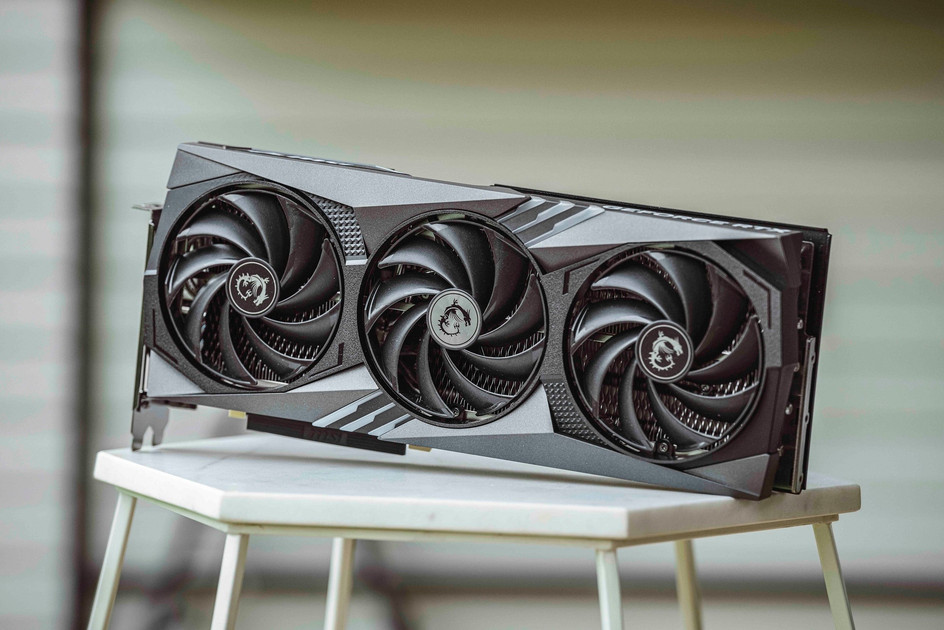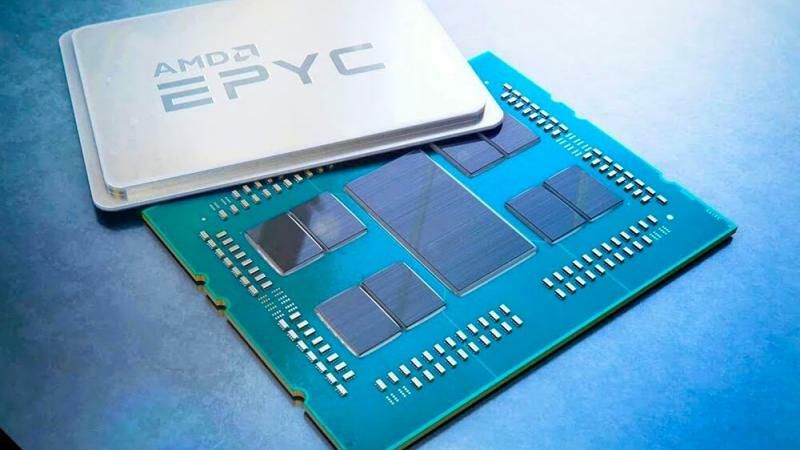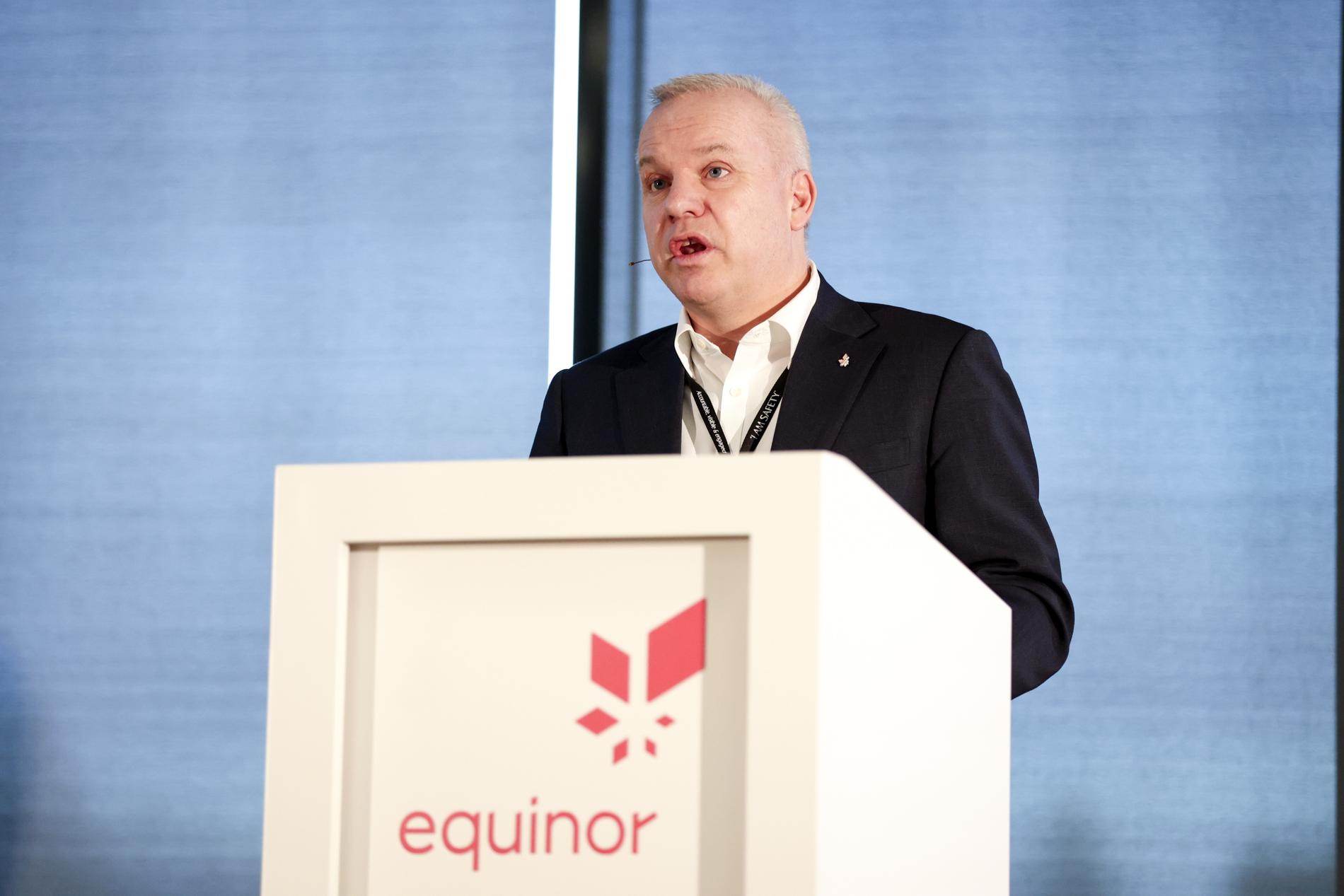Norwegian ultrasound technology, developed by Elliptic Labs for many years, has gained a foothold in the mobile phone market with seven mobile phone manufacturers. 64 mobile phone models on the market are now equipped with the technology, which has also received support from processor manufacturers. By sending an ultrasound signal through the speaker, a signal far beyond what the human ear can perceive, the microphones can determine how far away a face is. Like this echolocation, which bats use in nature to find insects, Elliptic Labs uses to remove the so-called proximity sensor required to turn off the screen when a mobile phone is on the ear. It saves money and reduces complexity for mobile device manufacturers
The company is now using the same technology to determine whether or not someone is sitting in front of a laptop. The premise is that a laptop has a speaker and a microphone, but everyone has them. The technology, in the same way as in cell phones, is entirely software-based, and there is no need for new sensors or other components. This makes the technology affordable and easy to use for manufacturers.
We call this technology the AI virtual presence sensor, and it has two important functions on a computer. The first is to turn off the screen when no one is sitting in front of it. It’s a safety feature, but it’s also important to save energy. Especially on laptops, which aren’t always connected to a power source, says Leila Danielsen, director of Elliptic Labs.
In the market
She says the first Norwegian-powered computer is already on the market. It is the new best-selling ThinkPad T14 from Lenovo. In addition, they signed an agreement on 18 models of computers coming from the company and two more contracts with them.
This is how Elliptic Labs presents the first of its new ultrasound-based sensor technologies.
We do not intend to stop at just one customer. We’re already working on a so-called proof of concept with several major PC manufacturers, and of course the high volume is the most interesting to us. The goal is many new contracts in this market, from players like HP, Dell and Asus, says Danielsen.
next technology
Once the technology is put into computers, it can be used for several things. Another piece of software, the “AI Virtual Position Sensor”, is now ready for the laptop market.
Today, people move around in different office spaces, in home offices and huts, and they often have an extra screen that needs to be set up. It’s annoying having to change settings manually on your laptop every time you move around, but with our technology you don’t have to anymore. We solve it through machine learning and ultrasound, she says.
More ideas
Elliptic Labs has many ideas about how its technology can make life easier for PC users, but they won’t talk about it yet.
We have a software platform where manufacturers can choose from many different software modules, called virtual smart sensors. We’ll get back to what it’s about, says Danielson.
Our platform supports all kinds of simple working physical sensors, and by adding to our software platform, we can provide solutions that read breathing frequency and heart rate. It can provide many new opportunities over time. In addition to computers and mobile phones, we work with Bosch and other companies in the Internet of Things market.

“Web specialist. Lifelong zombie maven. Coffee ninja. Hipster-friendly analyst.”




